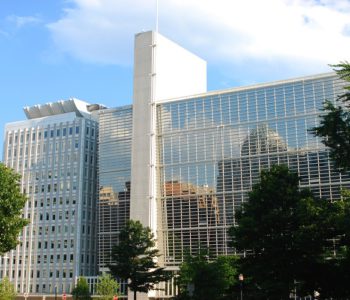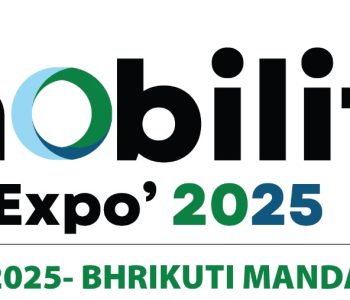SEBON to revise 10-share IPO application limit amid market concerns

KATHMANDU: The Nepal Securities Board (SEBON) is gearing up to overhaul its long-standing policy that allows investors to apply for a minimum of 10 shares in Initial Public Offerings (IPOs). The decision follows recommendations from a study committee tasked with amending the Securities Registration and Issuance Regulations, signaling a shift aimed at addressing market risks and investor behavior.
Under the proposed revision, only 10% of a company’s total IPO shares could be applied for at the current 10-share minimum, while the remaining shares would require applications for at least 50 shares. “The rush for IPOs, often ignoring market risks, has prompted SEBON to rethink the 10-share policy,” a source from SEBON revealed. “Discussions are ongoing to limit the 10-share applications to just 10% of the IPO, with a 50-share minimum for the rest.”
Introduced in 2018 by then-Chairman Rewat Bahadur Karki to broaden market participation, the 10-share policy has significantly boosted investor numbers, especially post-COVID. With Demat accounts now at 6.67 million and active “Mero Share” users at 3.91 million, IPOs routinely attract 1.9 to 2 million applications—far exceeding available shares. Recent examples include Om Megashree Pharmaceuticals (2.06 million applications) and Crest Micro Life (1.95 million), leaving most applicants empty-handed.
The policy’s downside has been evident in the secondary market, where shares often triple in value on debut, fueling speculative fervor. NEPSE data shows active secondary market investors have risen to 2.3 million from 1.53 million two years ago, many drawn by IPO gains. However, SEBON notes that even companies with weak fundamentals benefit from this frenzy, raising concerns about market stability.
SEBON’s proposed changes aim to curb this trend. By raising the minimum application to 50 shares for most of an IPO, officials hope to reduce the applicant pool and discourage quick exits after listing, which often destabilize the market. “The current trend of selling IPO shares and leaving stresses the market. A 50-share minimum could retain investors longer,” a senior official explained.
The amendment, under review for three months, aligns with the Securities Registration and Issuance Regulations, 2073, which permit IPOs between 10% and 49% of a company’s capital. While book-building IPOs already enforce a 50-share minimum, the broader shift could reshape Nepal’s booming primary market, balancing growth with risk management.













Facebook Comment